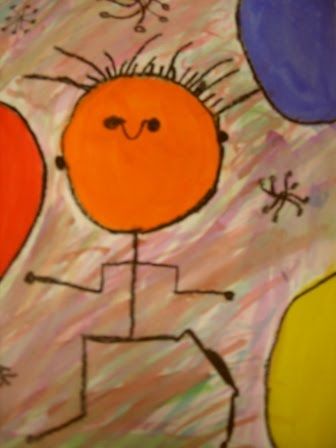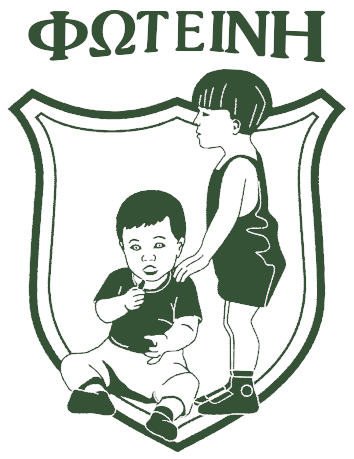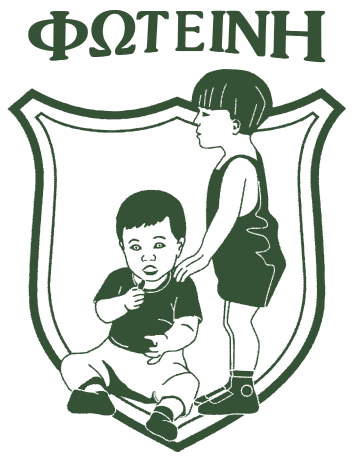haracteristics of ages 3-6
Curriculum and Aims
Our integral curriculum has been developed to start at the age 3 (Pre-pre-nursery) and continue until Nursery, and aims to set the basis for a well-rounded up-bringing and the child’s future attitude towards learning.
All the activities and areas of learning of this curriculum are aimed towards the cultivation of four basic abilities, namely:
- Communication.
- Creative and critical thought.
- Personal identity and autonomy.
- Social skills, and an understanding of society.
For this to succeed, the educational programme must be based on the following basic values:
- Children need to feel that the adults close to them and to whom they are attached have an interest in what they are learning and how they are feeling.
- Children are by nature curious about their natural and social environment. What we need to do is encourage the child’s thirst for knowledge and discovery by offering appropriate incentives.
- Play is the main vehicle for development and learning, as it offers a safe way to experiment, cooperate, interact, express and communicate.
- Each child is unique and may learn in any number of ways and express himself differently.
- Children learn more effectively when they use their feelings whilst assimilating information. Impressions and discoveries learned through movement, touch and other senses lead to real knowledge, which has personal value and meaning.
- Children become more experienced and capable when they can take initiative and make decisions.
- Children have different experiences according to their family and social situation, and must be encouraged to share these experiences with others, thus benefitting all.
- Teachers and parents share the responsibility of educating the children, necessitating “continuity” between these two most important environments, which must always complement each other, head in the same direction, and maintain the same aims and common practices.
The pedagogical method of learning in this curriculum has method-based approach, which advocates:
- Comparing reality with the knowledge and experiences of the child.
- Stressing that knowledge is not constant and given, but is continually subject to change.
- Emphasising not only the content of knowledge but also the process of attaining that knowledge.
- Facilitating the contribution of all children.
When presenting a new theme, we do so by bringing together all the fields of learning (e.g. language, mathematics, environmental studies etc.) This process is known as CLIL (Content and Language Integrated Learning) and is proven to produce understanding and comprehension, rather than just a simple knowledge of facts.
Put simply, our main aim is to give children motivation and an interest in learning, so they are eager to try, are able to concentrate, and understand how they must behave; something that it is hoped will continue throughout their later school life and into adulthood.
These basic values, goals and methodology are implemented throughout all the classes. What is altered for each age group is mainly the subject matter, and the level of difficulty and complexity of the activity.
English is integrated as a language of communication throughout the school on a daily basis. The basic idea is to also use English in every aspect of the child’s school life, from organised activities through playtime to mealtimes. Our English teacher, Mrs. Genine Lowe, assists our existing educators with the curriculum already in place, but communicates solely in English. Thus a need for real every day communication is created, which in turn leads to an effortless assimilation and use of English. The theory of the programme is simple: just as a child growing up in a bilingual family develops a natural feel for both languages, similarly our pupils pick up English in a non-intrusive and natural way. Simply put, we hear, we take it in, and then we talk.
CURRICULUM FOR PRE-PRE-NURSERY CLASS (3-4 years)
The fields of learning are as follows:
- Language: development of the spoken word, enriching vocabulary, awakening interest in the written word.
- Body- Movement- Dance: activities with psychomotor exercises, games of orientation and of the senses.
- Social and Cultural Life: family culture, social norms, customs, expression of feelings, confidence and cooperation.
- Artistic Creativity: theatre, puppet theatre, dance, rhythm, art.
- Basic Mathematics: first experiences with time and space, counting, grouping, layout, comparison.
- Science: characteristics of things that exist around us, getting to know the basic elements of earth, water, air and fire, both animate and inanimate.


